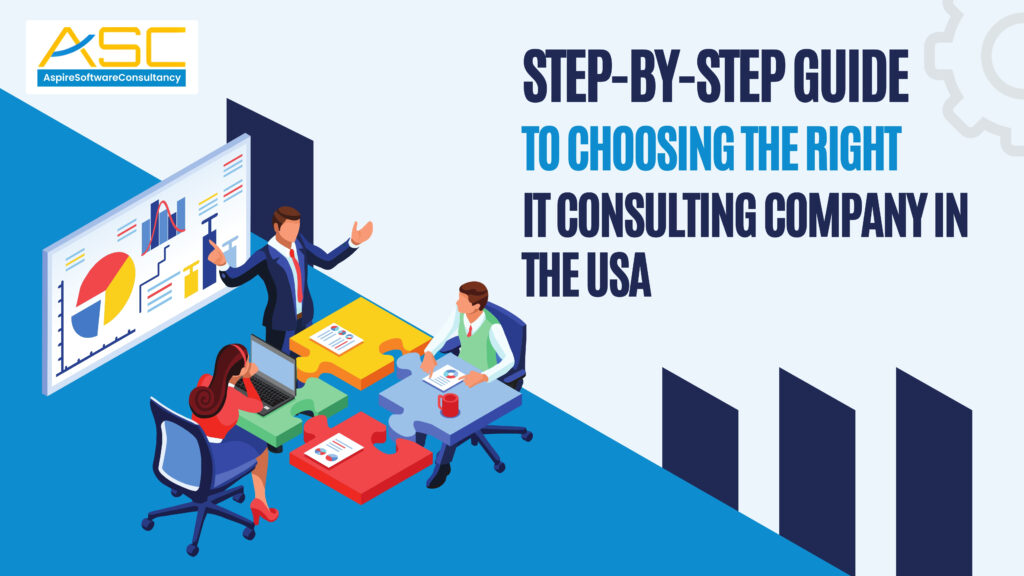Introduction:
Selecting the right Customer Relationship Management (CRM) platform is crucial for businesses aiming to streamline their operations, enhance customer relationships, and drive growth. Salesforce stands as a titan in the CRM landscape, but is it always the best choice? In this blog, we’ll compare Salesforce with other CRM platforms, exploring key considerations to help you make an informed decision tailored to your business needs.
Understanding Your Business Requirements:
Before diving into the comparison, it’s essential to assess your business requirements thoroughly. We’ll discuss factors such as business size, industry-specific needs, integration requirements, and budget constraints, guiding you to identify the functionalities critical for your CRM solution.

Salesforce: The Industry Leader:
Salesforce has established itself as a dominant force in the CRM market, offering a comprehensive suite of features, robust customization options, and seamless integration capabilities. We’ll delve into Salesforce’s strengths, including its cloud-based infrastructure, extensive ecosystem of third-party apps, and AI-driven insights, highlighting scenarios where it shines.
Alternatives to Salesforce:
While Salesforce may be the go-to choice for many businesses, it’s not the only player in town. We’ll explore alternative CRM platforms such as HubSpot, Zoho CRM, and Microsoft Dynamics 365, discussing their unique features, pricing structures, and target audiences. By understanding the strengths and limitations of each platform, you can assess which aligns best with your business objectives.
Customization and Scalability:
Flexibility and scalability are paramount when choosing a CRM platform that can adapt to your evolving business needs. We’ll compare the customization capabilities of Salesforce and its competitors, evaluating factors like workflow automation, data modeling, and API integrations. Additionally, we’ll discuss scalability considerations to ensure your chosen platform can accommodate future growth without significant disruptions.

User Experience and Adoption:
User experience plays a vital role in the successful adoption of a CRM platform across your organization. We’ll examine the usability, intuitiveness, and training resources offered by Salesforce and other CRM solutions, emphasizing the importance of user-friendly interfaces and seamless onboarding processes to drive user adoption and productivity.
Support and Community:
Effective support and a thriving user community can significantly enhance your CRM experience. We’ll assess the support options provided by Salesforce and its competitors, including documentation, online forums, and customer service channels. Furthermore, we’ll explore the benefits of being part of a vibrant user community, such as access to peer insights, best practices, and networking opportunities.
Conclusion:
Choosing the right CRM platform is a strategic decision that impacts your business’s efficiency, productivity, and customer relationships. By comparing Salesforce with other CRM platforms and considering factors such as business requirements, customization, scalability, user experience, and support, you can make an informed choice tailored to your unique business needs, empowering your organization to thrive in the digital age.







